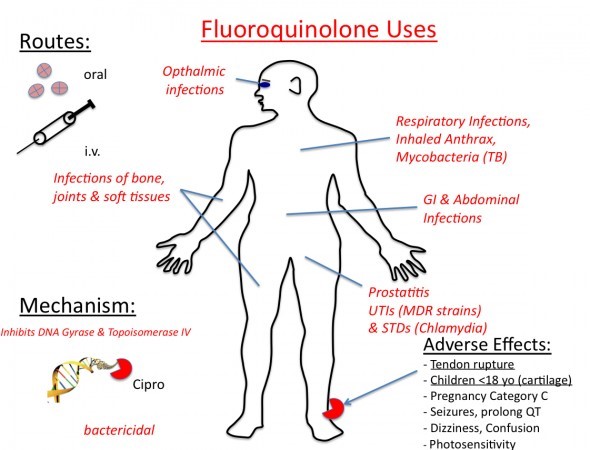A nurse is assisting with developing a discharge plan for a client who has a new diagnosis of diabetes mellitus. The client is independent and lives alone. Which of the following interventions should the nurse plan to include?
Provide the client with 1 week's supply of insulin syringes
Arrange for a home health nurse to visit the client daily.
Notify the family of the client's health status.
Refer the client to a diabetic support group
The Correct Answer is B
Nursing Test Bank
Naxlex Comprehensive Predictor Exams
Related Questions
Correct Answer is A
Explanation
Answer: (A) Inject 20 units of air into the vial of NPH insulin.
Rationale:
A) Inject 20 units of air into the vial of NPH insulin:
Injecting air into the vial of NPH insulin is the first step to prevent creating a vacuum, which could make it difficult to withdraw the insulin later. The nurse must inject the corresponding amount of air for the dose needed, ensuring that the insulin can be withdrawn smoothly and accurately without bubbles, which could affect the dose.
B) Inject 5 units of air into the vial of regular insulin:
Injecting air into the regular insulin vial is also necessary before withdrawing the insulin, but it should be done after injecting air into the NPH vial. This sequence ensures that no NPH insulin contaminates the regular insulin vial when the nurse withdraws the doses later.
C) Withdraw 20 units of NPH insulin from the vial:
Withdrawing NPH insulin should be done after air is injected into both vials and after the regular insulin has been drawn up. This sequence prevents the mixing of the two types of insulin and ensures accurate dosing, which is crucial for maintaining the correct blood glucose levels.
D) Withdraw 5 units of regular insulin from the vial:
Withdrawing regular insulin is critical to do before the NPH insulin to prevent contamination of the regular insulin with NPH, which could alter the onset and peak times of the regular insulin. However, it should follow the steps of injecting air into both vials, starting with the NPH vial.
Correct Answer is C
Explanation
Ciprofloxacin is an antibiotic commonly prescribed for the treatment of various bacterial infections. It belongs to a class of medications known as fluoroquinolones. One potential side effect of ciprofloxacin is increased sensitivity to sunlight, which can lead to a higher risk of sunburn. Therefore, it is important for the client to take precautions, such as using sunscreen, wearing protective clothing, and avoiding excessive sun exposure while taking this medication.
"Take an antacid if the medication causes gastrointestinal upset": Ciprofloxacin can be taken with or without food, but it should not be taken with antacids, calcium supplements, or other products containing aluminum, magnesium, or calcium, as they can interfere with the absorption of the medication. If gastrointestinal upset occurs, it is generally recommended to take the medication with food to minimize this side effect.
"Restrict your daily fluid intake while taking this medication": There is no need to restrict fluid intake while taking ciprofloxacin unless specifically instructed by the healthcare provider.
Adequate hydration is important to maintain overall health and prevent potential complications.
"Expect to experience diarrhea while taking this medication": Diarrhea can be a potential side effect of ciprofloxacin, but it is not a universal experience for all individuals taking the medication. It is more appropriate to inform the client about the potential side effects of ciprofloxacin, including gastrointestinal upset, and to encourage them to report any significant or persistent symptoms to their healthcare provider

Whether you are a student looking to ace your exams or a practicing nurse seeking to enhance your expertise , our nursing education contents will empower you with the confidence and competence to make a difference in the lives of patients and become a respected leader in the healthcare field.
Visit Naxlex, invest in your future and unlock endless possibilities with our unparalleled nursing education contents today
Report Wrong Answer on the Current Question
Do you disagree with the answer? If yes, what is your expected answer? Explain.
Kindly be descriptive with the issue you are facing.
